
Civic festivals have a single mandate besides creating enjoyment for the town. They must be self-sufficient and not generate losses. But in the case of Liberia and Santa Cruz, that’s not always the case.
The lack of planning and experience of those who lead the organization and even a lack of understanding of city officials are a just a few of the mistakes that are repeated over and over again in coordinating the festivities.
It affects the whole town when the festivals that honor the Christ of Esquipulas in Santa Cruz or the festivals in Liberia generate more expenses than revenue because city hall ends up taking on these losses and paying off debts the committee owes.
With what money? With money from all the residents in the canton that would otherwise be spent on projects for the community.
If they would generate profits instead of losses, the city could use that money for projects that the city council deems important, like investments in fairgrounds infrastructure, sidewalks, or handicap access.
The Voice of Guanacaste spoke with presidents of current and past committees, representatives, and with deputy mayors to come up with the following seven “sins” that festival organizing committees commit.
1. Different committees
The committees are made up of different townspeople interested in organizing the festivals. These members can repeat on a committee, but they almost never do. Not because something impedes them from doing so, simply because they are burned out and don’t want to do it again.
Four presidents for festival committees in Santa Cruz and Liberia interviewed by this newspaper agreed that when they led the festivals for the first time, they were only motivated by the affection they have for their cantons.
The city pays festival organizers the equivalent of half of what a representative earns for four months. In total, a little more than ¢300,000.
According to Ting Lou Hu, president of the 2018 Liberia festival committee, which generated ¢15 million in profits, the money is the least of the motivating factors. “It’s a very hard job to only receive that amount. Organizing the event starts in November and lasts through the first week of March,” he said.
Ting says that he and his colleagues got involved in the organization just because they challenged themselves to do so. “We wanted to test the ground. We didn’t have any experience.”
The president of the committee for the 2019 Liberia festivals, Rodolfo Charpentier, thinks that at least half of the members of the previous committee should stay involved the following year in order to share the knowledge they gained.
In a canton like Nicoya, for example, they use a different mechanism for their festivals. The city council awarded it for the years 2017-2020 to a single, non-profit called Orden. It has reported profits for both of the events it has organized.
Combined with the issue of different committees each year, the profile of the members who form part of the committee is also up for discussion. According to Arcadio Carrera, representative of Santa Cruz, the city council must define what criteria must be considered when it comes to selecting members of the festival committees. For example, requiring that applicants have knowledge of customs and traditions and requesting certain availability.
“They should screen these appointments,” he said. “It should be more merit based and less political.”
2. Paper vs. Reality
In the case of Santa Cruz, there is a National Traditional Festival manual that, according to deputy mayor Iván Ramírez, is “far from facilitating organization. It obstructs it.”
According to Ramírez, the checks that the committee uses to pay for the services need the signature of the president, the treasurer, permission from the treasure, and the city financial director.
“Often, the treasurer or city directors don’t want to assume the responsibility of whether or not there are losses, so everything gets backed up,” says the deputy mayor.
Reforming the manual and making procedures easier is in the hands of the city council. But Ramírez says representatives haven’t been willing to do so.
3. Distant Cities
Carrera, representative of Santa Cruz, says that the city should have more involvement in the process.
“We don’t have a map that shows where everything goes on the fairgrounds, which would make the process easier,” he says. “That could be done by the city.”
Ting Lou agrees. In Liberia, the city didn’t help with organizing the 2018 festivals, she says. “The city owes us.”
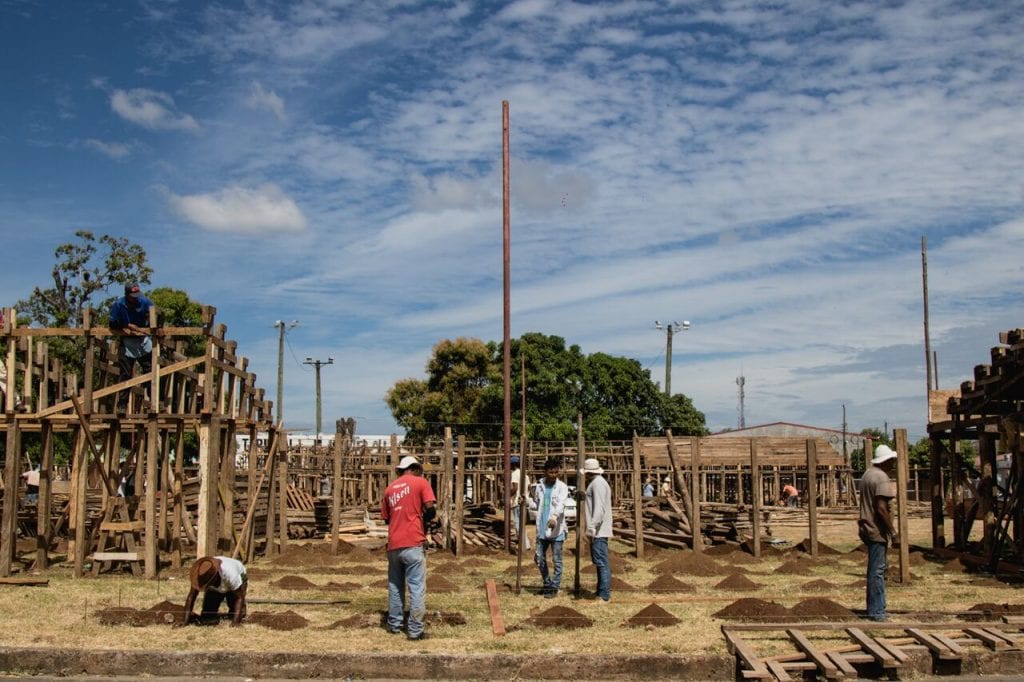
Festivals that honor the Christ of Esquipulas in Santa Cruz
4. Deficient Reports
Each committee must file a report once the festivals are over, but sometimes they don’t reach the council, or arrive late, or when they get there don’t have the right information to help future committees create a new plan.
“The reports we receive often don’t even explain how committees achieved the results that they present,” Carrera says.
For the 2016 and 2017 Liberia festivals, Liberian auditor Donaldo Castañeda said that in a report, the festival committees in charge of those two years didn’t provide a balance sheet to the city council.
“Members of the committees didn’t provide accounting reports in order to not be responsible for debts,” Castañeda told this newspaper in July 2017.
Each city council is required to obtain this information and, if necessary, request that the committee specify its achievements.
5. No Initial Resources
For the Santa Cruz representative, the city must financially support the festivals. “The vent is the maximum expression of the canton’s culture and tradition and the city only provides ¢500.000 for the activity,” he says. “There is no help or support for requesting resources.”
In the case of Santa Cruz, renting the sections and spots for merchants is done through October and November, which provides the largest amount of revenue for the committee. In other words, the committee has resources until a few months before the event.
Charpantier, from Liberia, says that they had to finance themselves in order to start organizing the festivities. The committee later reports these expenses that must be reimbursed with revenues from the festivals.
“It’s starting from scratch,” Charpantier says. “We started with our own resources to go to San Jose and buy accounting books. Two books cost ¢120,000.”
6. Diffuse Budgets
The Santa Cruz 2016 festivals generated losses of more than ¢20 million and criminal lawsuits for lack of payment filed by companies and people hired to provide services.
That year, for example, there was no clear budget tha laid out the expenses for the bull runs in Plaza Los Mangos or the activities at the fairgrounds.
For Ting Lou Hu, president of the 2018 Liberia festival committee, creating a budget was part of the formula for generating ¢15 million in profit and breaking the streak of red numbers the canton had in the two previous years.
“The key to being self sufficient is having a clear budget. You have to make cuts,” Lous said. “You have to have a balance between expensive things and cheap things.”
7. Disorder
The lack of city oversight is another poor practice on top of the creation of new committees every year.
According to former committee presidents, the city should demand and establish procedures and compile data so that new committees have clear direction.


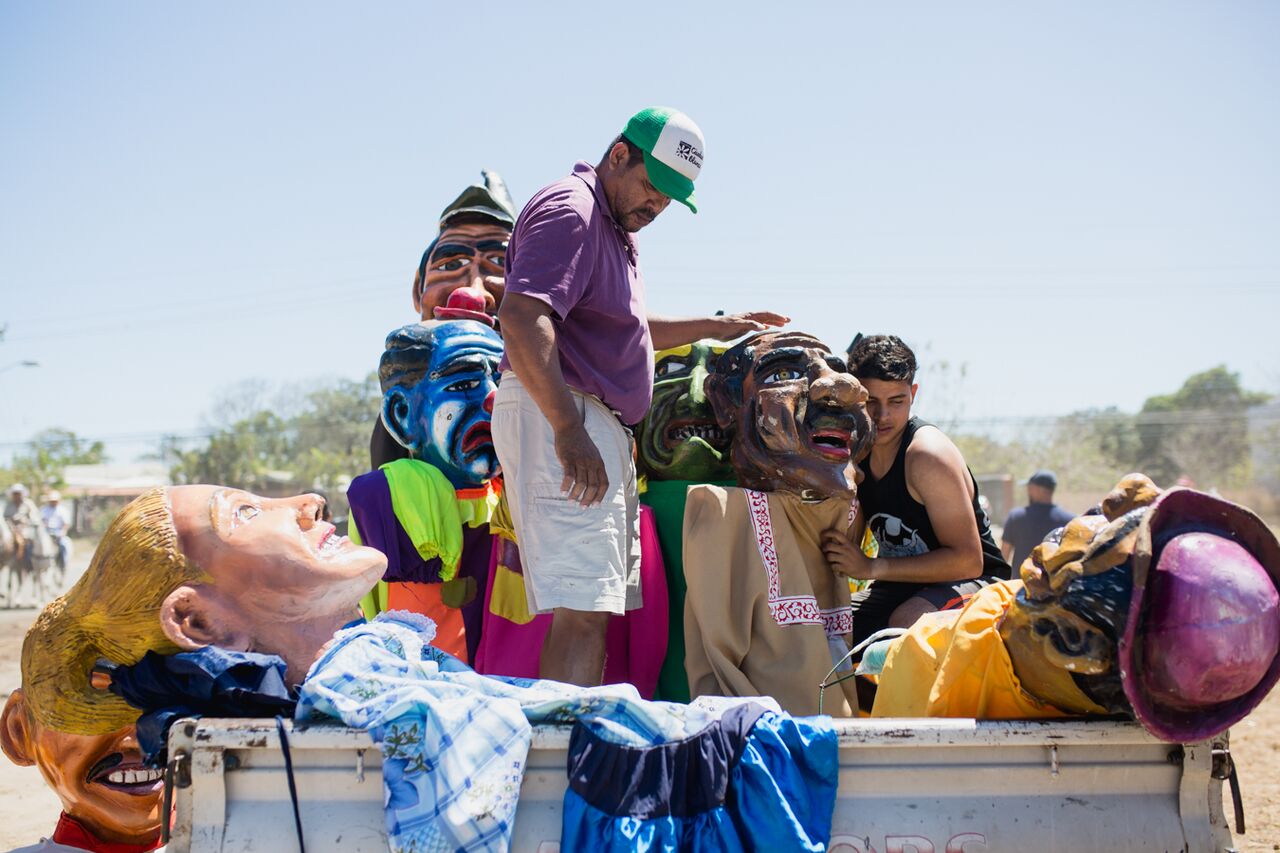
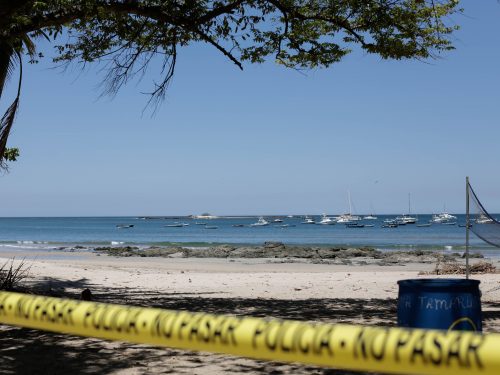
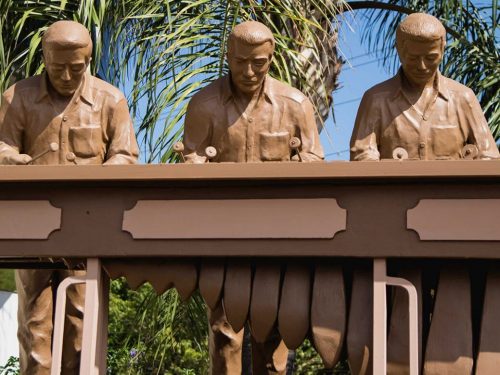
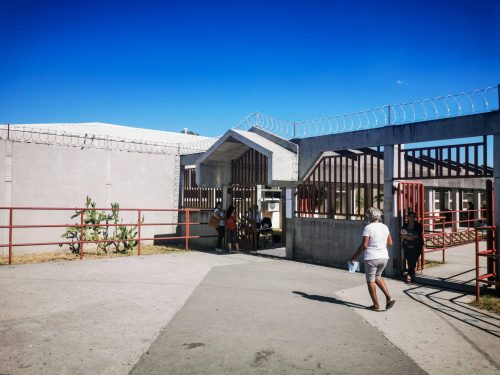

Comments